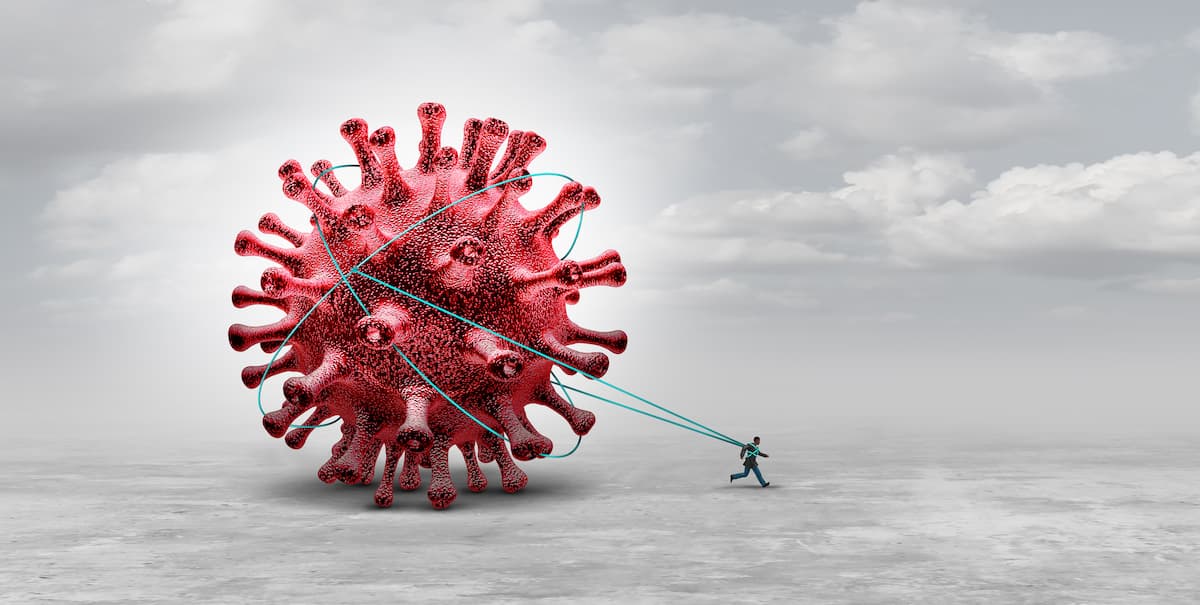Video
Proactive Approaches for Managing Migraine
Advice to community pharmacists and patients who suffer from migraine on strategies that can improve quality of life and be used to navigate the care continuum.
Mark Percifield, PharmD: Amy, what advice do you have for community pharmacists to better help patients who have migraines?
Amy R. Dunleavy, PharmD: One of the tools that we use at my practice site [Osterhaus Pharmacy] is a migraine or headache diary. We will oftentimes provide these to individuals if there is someone that comes in requesting a recommendation because they’ve noticed an increase in headache frequency or are experiencing migraines. We also provide them to individuals who are receiving preventative therapy or have an abortive therapy on their prescription profile with us. Things we’re having the individual look for and document in this headache diary are things like when these headaches are happening. They’re sticking that date on there. What types of activities were they doing prior to the headache setting on? What types of foods or other things were they were consuming prior to the headache setting on? Then they’re giving us a description of what that pain feels like, so letting us know—is it throbbing? Is it one-sided? Is it bilateral? They also give it a pain ranking.
These are good for us. They allow us to continue to have that conversation with the patient as well as help them identify when it’s time to see a neurologist or get in to see emergency care or their family practitioner. We also tend to use these to help us evaluate how well the therapies that they’re using are working. As we start a patient on a preventative therapy, we like to use this headache diary to assess their case. Are they seeing that 50% reduction that we hope to see? Are they seeing any amount of reduction in headache? That’s what we’re most frequently using at my particular site. I’ve gone on and discussed this with other pharmacists and practitioners, and it is something we tend to see other sites using as well.
Mark Percifield, PharmD: Timothy, what do you encourage patients to do to try to prevent these migraines?
Timothy Smith, MD, RPh, FACP, AQH: It’s important to understand that the migraine brain is an excitable or a sensitized brain. It’s a vigilant central nervous system, very aware of its surroundings, and it reacts to things that happen to it in the environment. These migraine attacks come as a result of that. What patients need to do is to try to focus on good health practices. They need to stay well hydrated. They need to get adequate rest. They need to adopt good health habits, like good, sound nutrition. Everything your mother told you is a good thing to do for your health—turns out it’s good for migraine prevention. If patients can get in front of that by adopting those good health habits, their brain is healthier, and it’s less likely to lapse into these spells of pain and other symptoms that we call migraine.
Then if they can identify some of the trigger events in their lives, such as weather changes—exposures to things like heat or humidity—loud noises, obnoxious smells, certain foods, or alcohol—we can better help. Stress is a big one. For many women, it’s a matter of hormone fluctuations. Some of these things you can’t necessarily avoid, but you can try to compensate in other ways by trying to be as healthy as possible and reducing your exposures to potential triggering events. If you can avoid those, you can potentially prevent a migraine altogether and not need as much medication to get you through the month. Coming to the understanding that the migraine brain is different and patients didn’t make it that way, that it’s maybe even hereditarily determined that they’re susceptible to these spells of episodes of headache attacks, is good. Trying to compensate in their lifestyle can be a big advantage for patients with migraine.
Mark Percifield, PharmD: Excellent. Thank you so much. I’ll tell you—Jennifer, Amy, and Timothy, you are a wealth of knowledge when it comes to migraine information. Thank you. I really enjoyed this discussion today, and to our viewing audience, we hope you found this Pharmacy Times® Peer Exchange to be rich and informative. Thank you, and have a wonderful day.
Transcript edited for clarity.
Newsletter
Stay informed on drug updates, treatment guidelines, and pharmacy practice trends—subscribe to Pharmacy Times for weekly clinical insights.






